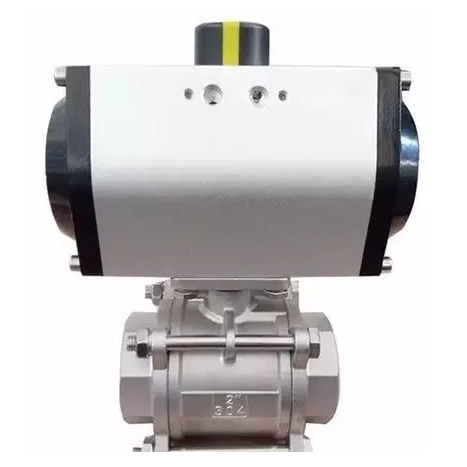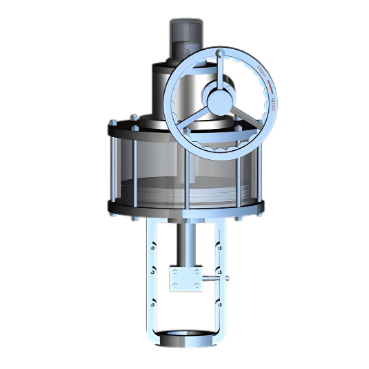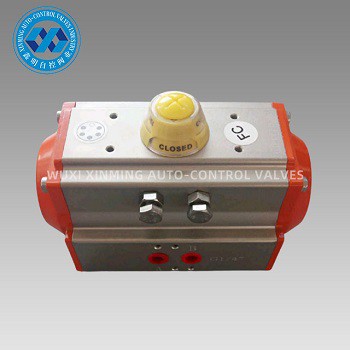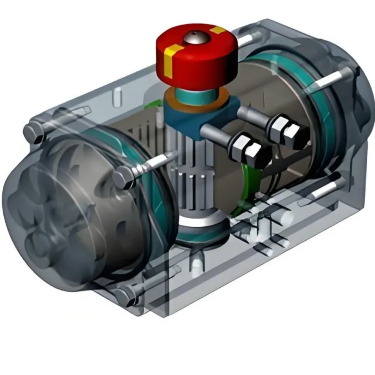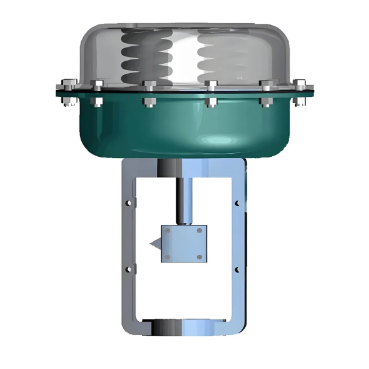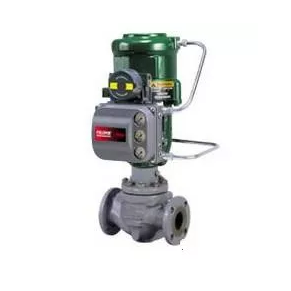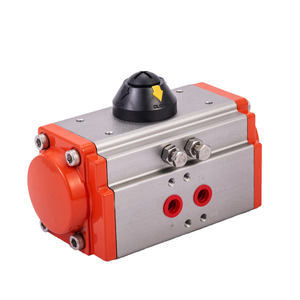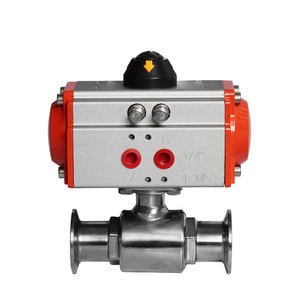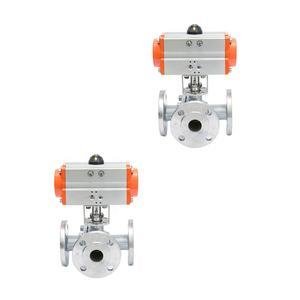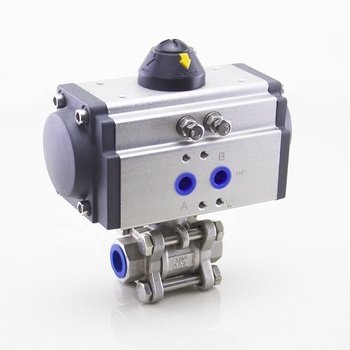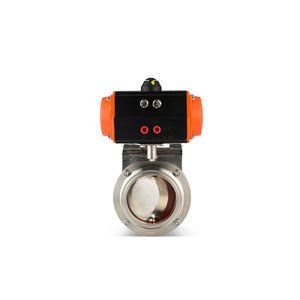Regular maintenance is crucial for ensuring
the optimal performance of valve actuators across industries.
For daily inspections, technicians should
check for visible signs of wear and tear, like leaks in pneumatic or hydraulic
actuators. A small leak in a pneumatic actuator can lead to a loss of pressure,
reducing its response speed and efficiency. Similarly, any signs of corrosion
on electric actuators need immediate attention, as it can affect electrical
connections.
Components like valves, seals, and gaskets
require special care. These parts are prone to damage over time due to constant
exposure to fluids or mechanical stress. Replacing worn - out seals can prevent
leaks, maintaining the integrity of the system. Lubricating moving parts, such
as valve stems, reduces friction, ensuring smooth operation.
Testing the actuator's functionality is
equally important. Calibrating the control systems of electric actuators helps
maintain accurate valve positioning. In hydraulic actuators, checking the
hydraulic fluid level and quality is essential. Contaminated fluid can cause
blockages, affecting the actuator's performance.
By implementing a regular maintenance
schedule, companies can prevent unexpected breakdowns, extend the lifespan of
valve actuators, and enhance overall process efficiency. This not only saves on
costly repairs but also ensures the reliable operation of industrial systems.
If you want to learn more about low-priced products, please visit the following website: www.xm-valveactuator.com


